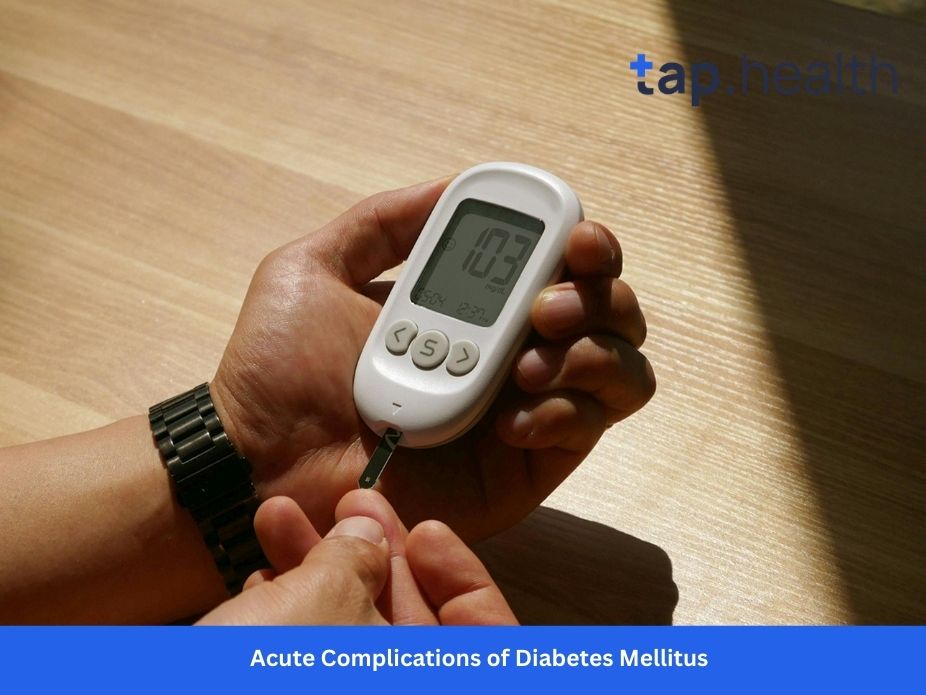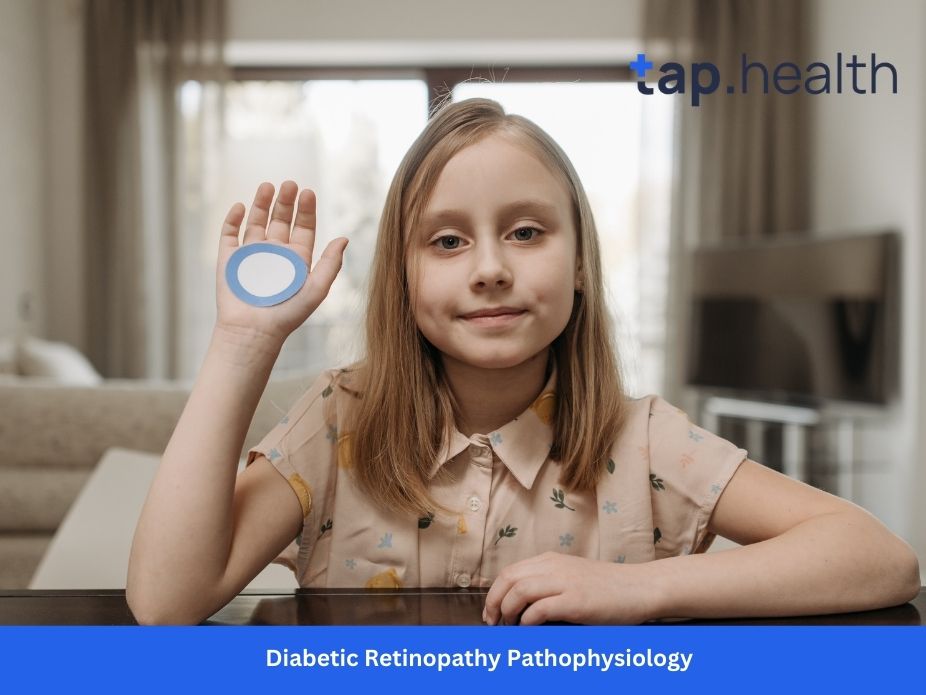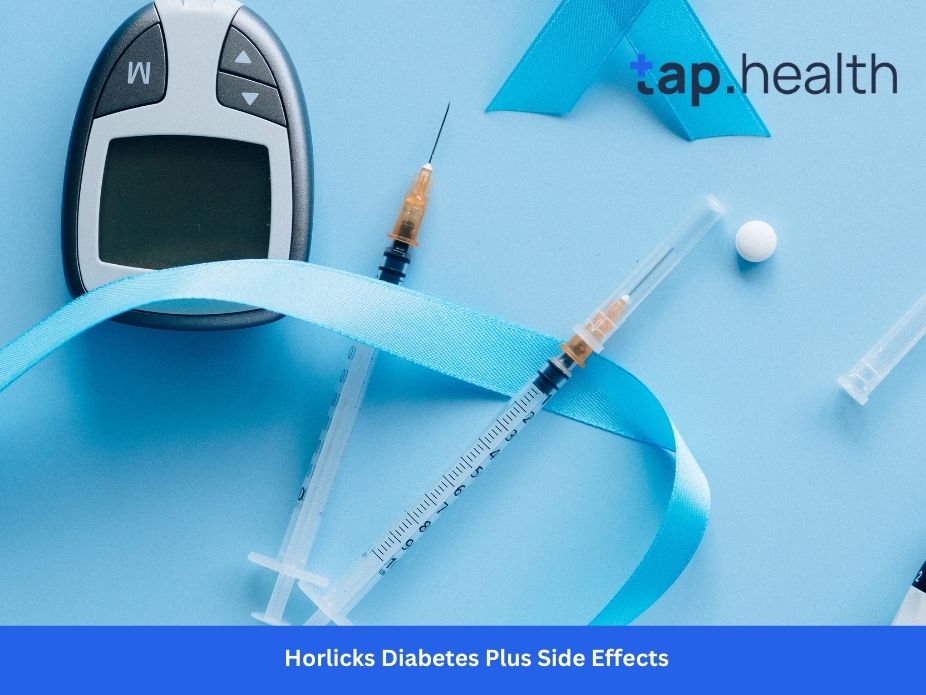An itchy scalp paired with hair loss can be more than just a nuisance—it might signal underlying issues. But can your lifestyle and diet choices truly affect scalp health? In this comprehensive guide, we’ll explore the connection between lifestyle, diet, and scalp conditions, common causes of itchiness and hair loss, effective treatments, and practical prevention tips. By understanding these factors, you can take proactive steps to maintain a healthy scalp and promote hair growth.
What Causes an Itchy Scalp and Hair Loss?
An itchy scalp accompanied by hair loss can stem from various factors, ranging from minor irritations to serious health conditions. Identifying the root cause is key to finding effective solutions.
Common Causes of Itchy Scalp and Hair Loss
- Dandruff: This common condition causes flaking and itching. While not directly linked to hair loss, excessive scratching can damage hair follicles, leading to breakage or thinning.
- Psoriasis: This autoimmune condition results in red, scaly patches on the scalp, causing inflammation and potential hair loss due to weakened follicles.
- Seborrheic Dermatitis: A chronic form of eczema, it causes greasy, inflamed skin, contributing to itchiness and hair shedding.
- Fungal Infections: Conditions like ringworm can cause scalp irritation and patchy hair loss.
- Hormonal Imbalances: Changes in hormone levels, such as those during pregnancy or menopause, can trigger hair thinning and scalp issues.
- Nutritional Deficiencies: Lack of essential nutrients like iron, zinc, or biotin can weaken hair and irritate the scalp.
- Autoimmune Disorders: Conditions like alopecia areata can cause sudden hair loss and scalp sensitivity.
How Do Lifestyle and Diet Affect Scalp Health?
Your lifestyle and dietary habits play a significant role in maintaining a healthy scalp. Poor choices can exacerbate scalp issues, while positive changes can promote healing and hair growth.
The Role of Diet in Scalp Health
A balanced diet rich in essential nutrients supports scalp and hair health. Key nutrients include:
- Biotin: Found in eggs, nuts, and whole grains, biotin strengthens hair follicles.
- Zinc: Present in seafood, pumpkin seeds, and lentils, zinc helps regulate oil production and reduces inflammation.
- Omega-3 Fatty Acids: Found in fatty fish like salmon, these healthy fats nourish the scalp and reduce dryness.
- Iron: Leafy greens and red meat provide iron, which supports oxygen delivery to hair follicles.
Conversely, diets high in processed foods, sugar, or unhealthy fats can increase inflammation, potentially worsening scalp conditions like dandruff or psoriasis.
Lifestyle Factors Impacting Scalp Health
- Stress: Chronic stress elevates cortisol levels, which can disrupt hair growth cycles and cause scalp inflammation.
- Sleep: Poor sleep hinders cell repair, affecting scalp and hair health.
- Hydration: Dehydration can lead to a dry, flaky scalp, increasing itchiness.
- Exercise: Regular physical activity improves blood circulation, delivering nutrients to the scalp.
How Do Hair Care Practices Influence Scalp Health?
Your daily hair care routine can either support or harm your scalp. Improper practices or harsh products can exacerbate itchiness and hair loss.
Everyday Hair Care Habits
- Overwashing: Frequent washing strips natural oils, leading to dryness and irritation.
- Heat Styling: Excessive use of blow dryers or flat irons weakens hair and irritates the scalp.
- Harsh Brushing: Aggressive brushing can damage hair follicles and cause breakage.
- Chemical Treatments: Frequent dyeing or perming can irritate the scalp and lead to hair thinning.
The Impact of Hair Products
Many shampoos, conditioners, and styling products contain sulfates, parabens, or alcohol, which can dry out the scalp and cause irritation. Opt for gentle, natural products with ingredients like tea tree oil, aloe vera, or chamomile to soothe the scalp and promote healing.
When Should You Be Concerned About Scalp Issues?
Not all scalp itchiness or hair loss requires immediate concern, but certain symptoms warrant professional attention.
Alarming Symptoms to Watch For
- Excessive Hair Loss: Losing more than 100–150 strands daily or noticing thinning patches.
- Sudden Bald Spots: Circular patches of hair loss, which could indicate alopecia areata.
- Persistent Itching: Severe, unrelenting itchiness that disrupts daily life.
- Scalp Redness or Pain: Signs of inflammation or infection that don’t improve with over-the-counter treatments.
Medical Conditions Linked to Scalp Problems
Underlying health issues can manifest as scalp problems:
- Thyroid Disorders: Hypothyroidism or hyperthyroidism can cause hair thinning and scalp dryness.
- Autoimmune Diseases: Conditions like lupus or alopecia areata attack hair follicles.
- Infections: Bacterial or fungal infections can cause scalp irritation and hair loss.
- Nutritional Deficiencies: Low levels of iron, vitamin D, or B vitamins can weaken hair.
Why Is Professional Diagnosis Important?
Self-diagnosing scalp issues can lead to ineffective treatments or worsening symptoms. A professional diagnosis ensures accurate identification of the cause and tailored treatment.
When to Consult a Dermatologist
Seek professional help if:
- Itchiness or hair loss persists for more than a few weeks.
- Over-the-counter treatments (e.g., dandruff shampoos) don’t work.
- You notice unusual symptoms like sores, redness, or significant hair shedding.
The Diagnostic Process
A dermatologist will:
- Examine your scalp for signs of inflammation, scaling, or infection.
- Review your medical history, including diet, stress, and medications.
- Order tests, such as blood work or a scalp biopsy, to identify underlying conditions.
What Are Effective Treatments for Itchy Scalp and Hair Loss?
Treatment depends on the underlying cause but may include a combination of medical and lifestyle approaches.
Medical Treatments
- Medicated Shampoos: Contain ingredients like ketoconazole, salicylic acid, or coal tar to treat dandruff, psoriasis, or fungal infections.
- Topical Corticosteroids: Reduce inflammation and itching for conditions like psoriasis or eczema.
- Oral Medications: Antifungals or hormone-regulating drugs may be prescribed for infections or imbalances.
- Minoxidil: A topical treatment to stimulate hair regrowth in cases of androgenetic alopecia.
Lifestyle and Home Remedies
- Dietary Changes: Incorporate nutrient-rich foods to support hair growth.
- Stress Management: Practice yoga, meditation, or mindfulness to reduce cortisol levels.
- Gentle Hair Care: Use sulfate-free shampoos and avoid heat styling.
- Scalp Massage: Improves blood flow and promotes hair follicle health.
How Can You Prevent Scalp Issues and Promote Hair Growth?
Prevention is key to maintaining a healthy scalp and preventing future issues. Incorporate these tips into your routine:
- Cleanse Regularly: Wash your scalp 2–3 times a week with a gentle shampoo to remove buildup without stripping oils.
- Exfoliate the Scalp: Use a scalp scrub or clarifying shampoo monthly to remove dead skin cells.
- Protect from Damage: Wear a hat to shield your scalp from UV rays and avoid tight hairstyles that pull on the scalp.
- Choose Nourishing Products: Opt for shampoos and conditioners with natural ingredients like tea tree oil or coconut oil.
- Stay Hydrated: Drink plenty of water to keep your scalp and hair hydrated.
- Manage Stress: Engage in stress-relieving activities to prevent hormone-related scalp issues.
Conclusion
Lifestyle and diet choices significantly impact scalp health, influencing conditions like itchiness and hair loss. By understanding common causes—such as dandruff, psoriasis, or nutritional deficiencies—and adopting healthy habits, you can improve your scalp’s condition and promote hair growth. Seek professional help for persistent symptoms, and incorporate preventive measures like gentle hair care and a nutrient-rich diet. With the right approach, you can achieve a healthier scalp and stronger, fuller hair.



